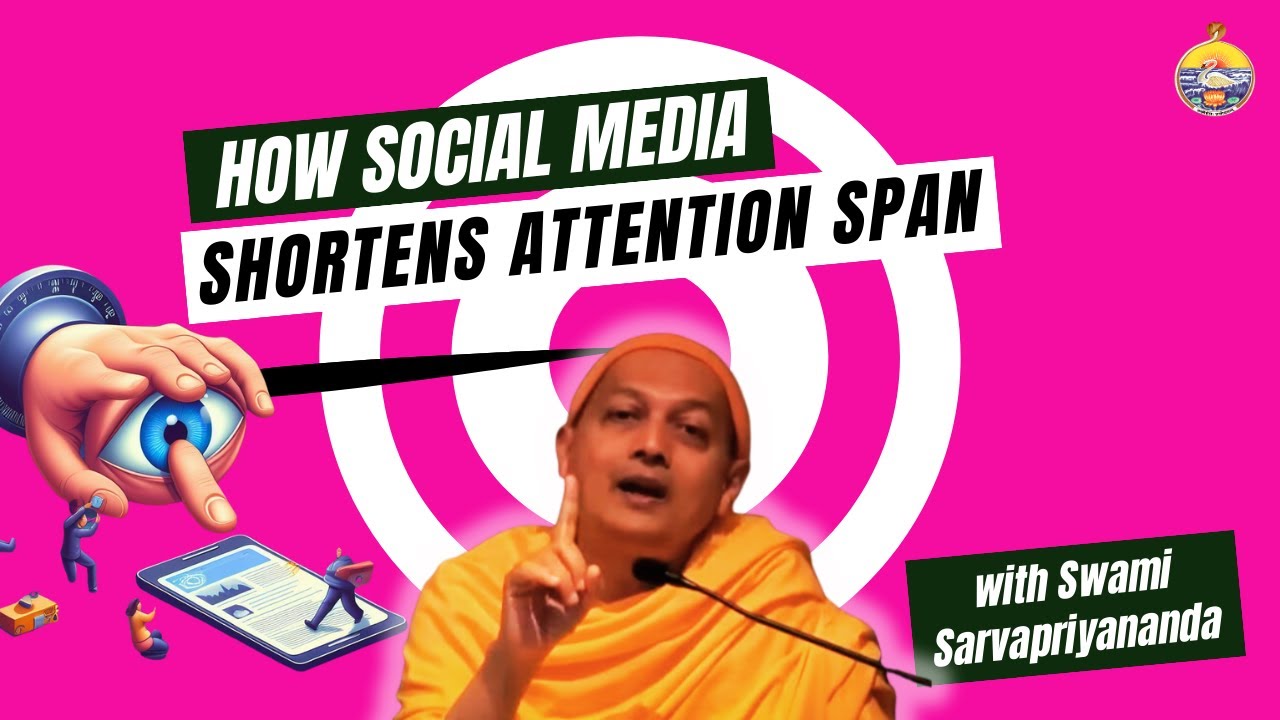Is technology really ruining your life_ _ David Ellis _ TEDx
Summary
TLDRIn this thought-provoking video, a psychologist delves into the effects of technology, especially social media and smartphones, on our lives. Drawing on historical examples like the telephone and microwave oven, the speaker highlights how society has long feared disruptive technologies. Despite concerns over screen time and its impact on well-being, the speaker challenges the notion that social media is inherently harmful, emphasizing the complexity of its effects. They argue for a balanced view, urging curiosity and critical thinking about technology’s role, and cautioning against stifling innovation through overly negative perspectives.
Takeaways
- 📱 Technology is disruptive — it changes how we live and can make people feel uncomfortable because everything around them is changing.
- 🕰️ Concerns about new technologies are not new — historical examples include the telephone, microwave, and video games which all drew early alarmist reactions.
- 🔬 Many common fears (e.g., microwaves causing cancer, video games causing violence) have little scientific support when examined carefully.
- 🧠 Most current worries focus on smartphones and social media, especially their effects on young people and screen time.
- 📊 Much research relies on self-report surveys, which can be misleading because correlation does not imply causation and memory is unreliable.
- 📈 Objective measurement (tracking actual behavior) shows people use phones habitually and more than they typically report.
- 🤔 Habitual smartphone use is common, but high frequency alone doesn't prove harmful or 'addictive' behavior.
- ⚖️ Context matters — using social media to interact with friends is different from passively comparing yourself to others, and outcomes differ.
- 🏃♀️ The biggest concrete risk may be opportunity cost: time spent on screens can displace valuable activities like physical exercise.
- 🔎 To answer whether screen time 'ruins' lives we need long-term, device-wide tracking linked to real outcomes (e.g., academic performance).
- 📰 Media coverage often favors sensational terms like 'addiction', which can misrepresent the nuanced scientific evidence.
- 💡 The balanced message: stay curious, think critically about claims, and avoid overreacting in ways that might stifle beneficial innovations.
Q & A
What is the main question being discussed in the script?
-The main question is whether technology, especially smartphones and social media, is ruining people's lives.
How does the speaker address historical fears about new technologies?
-The speaker compares the current concerns about technology, such as smartphones and social media, to past fears about innovations like the telephone and microwave ovens, which were also initially viewed with skepticism and fear.
What is the psychological impact of technology mentioned in the script?
-The script suggests that technology, particularly social media, can cause discomfort or anxiety as it changes the way we interact with others, potentially leaving people feeling left out or insecure.
What is the issue with correlating social media use with mood?
-The speaker points out that correlation does not imply causation. For instance, people may feel depressed and then use social media, or use social media and feel depressed afterward. The direction of the relationship is unclear.
What role does context play in measuring the effects of social media on mental health?
-Context is crucial because not all social media use is the same. A positive conversation with a friend on Facebook might have a different impact compared to scrolling through posts that make you feel inadequate or depressed.
What did the speaker's research reveal about people's smartphone usage?
-The research showed that people tend to underestimate how often they use their smartphones. For example, when asked how many times they check their phone, many people estimated 40 times, but the actual number was closer to 100 times a day.
Why is it important to track technology usage over the long term?
-Tracking technology usage over the long term allows for a deeper understanding of its effects. For example, it could help determine whether heavy social media use correlates with lower academic performance or other long-term outcomes.
What is the main concern about excessive screen time?
-The main concern is that excessive screen time may take away time from other important activities, such as physical exercise, which is a major health concern in developed societies.
How does the speaker view social interaction in relation to technology?
-The speaker argues that social interaction is inherently positive, and technology, particularly smartphones, facilitates these interactions. While there are negative aspects like trolling, the ability to connect with others is a fundamental human need.
What message does the speaker want the audience to take away about technology?
-The speaker encourages the audience to remain curious and think critically about the impact of technology. While it’s easy to sensationalize its negative effects, we should avoid jumping to conclusions without understanding the full context and scientific evidence.
Outlines

このセクションは有料ユーザー限定です。 アクセスするには、アップグレードをお願いします。
今すぐアップグレードMindmap

このセクションは有料ユーザー限定です。 アクセスするには、アップグレードをお願いします。
今すぐアップグレードKeywords

このセクションは有料ユーザー限定です。 アクセスするには、アップグレードをお願いします。
今すぐアップグレードHighlights

このセクションは有料ユーザー限定です。 アクセスするには、アップグレードをお願いします。
今すぐアップグレードTranscripts

このセクションは有料ユーザー限定です。 アクセスするには、アップグレードをお願いします。
今すぐアップグレード関連動画をさらに表示

Un-Social: Wie soziale Medien unsere Gesellschaft bedrohen

Role of Social Media on Reducing the Attention Span | Swami Sarvapriyananda

Is social media messing with our emotions? | BBC Ideas

Is technology really ruining your life? | David Ellis | TEDxLancasterU

Hoe houden onze hersenen ons voor de gek? (1/5)

The Psychology of Technology: How It Shapes Our Minds
5.0 / 5 (0 votes)
